Ushio Inc. and a research group led by Dr. Ryosuke Kuroda, Chairman and Professor of the Department of Orthopaedic Surgery, Kobe University Graduate School of Medicine, have completed a research study that shows that irradiation of filtered 222nm UV-C light on human skin reduces bacterial counts while causing no injury. This is the first study on the safety of 222nm far UV-C light conducted on humans. The research paper regarding this study is published on PLOS ONE.
In this study, Ushio’s Care222 UV-C disinfection device irradiated 500 mJ/cm2 of 222nm UV-C light on the back of 20 healthy volunteers aged from 20 to 80 years. The Care222 device includes an optical filter that eliminates radiation from wavelengths above 230nm. Twenty-four hours after the irradiation, none of the participants showed any signs of erythema (redness of skin).
The back of each participant was irradiated again with 500 mJ/cm2 of 222nm UV-C light using the Care222 device to measure the bacterial flora count on the skin scraped with a swab. The bacterial flora count was taken pre-irradiation, 5 minutes after irradiation, and 30 minutes after irradiation. The bacterial flora count significantly decreased—by almost 90%—after irradiation with the Care222 device.
When the irradiated area of the participants was assessed three months post-irradiation, none of them showed any signs of erythema, and no adverse event was noted. Based on these findings, the researchers concluded that irradiation of filtered 222nm UV-C is safe and has a bactericidal effect on the human skin.
This study is another that appears to support 222nm UV-C as a germicidal ultraviolet disinfection method.





